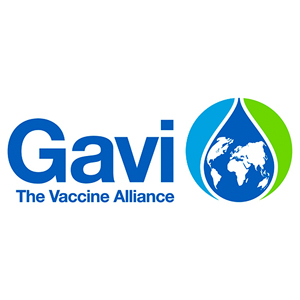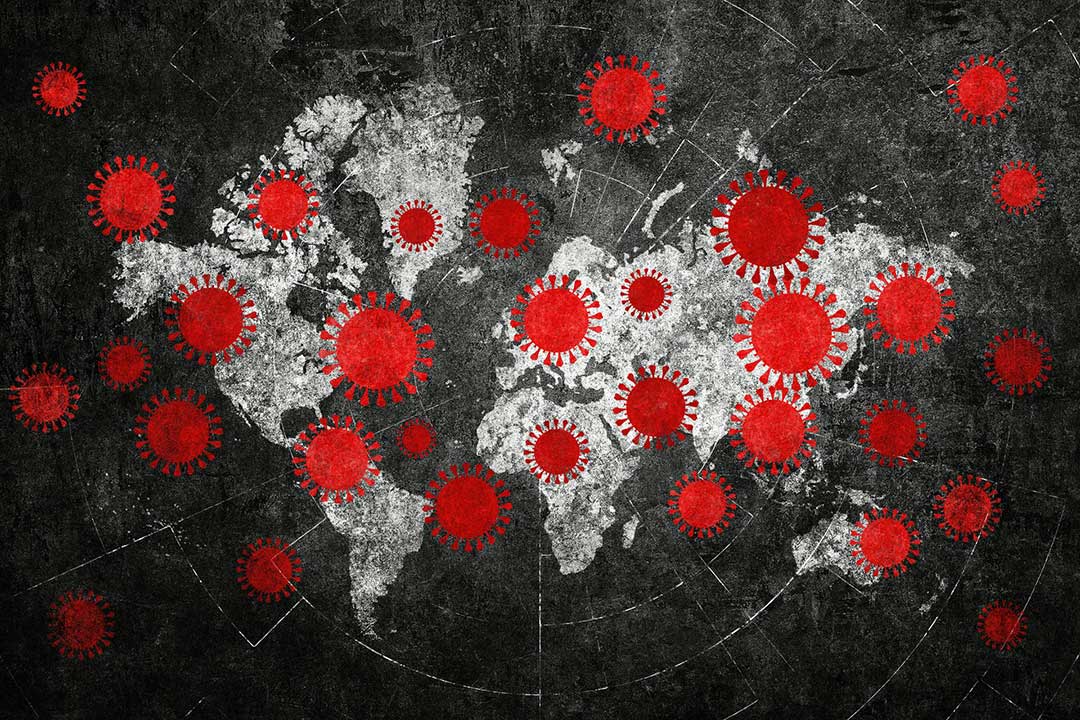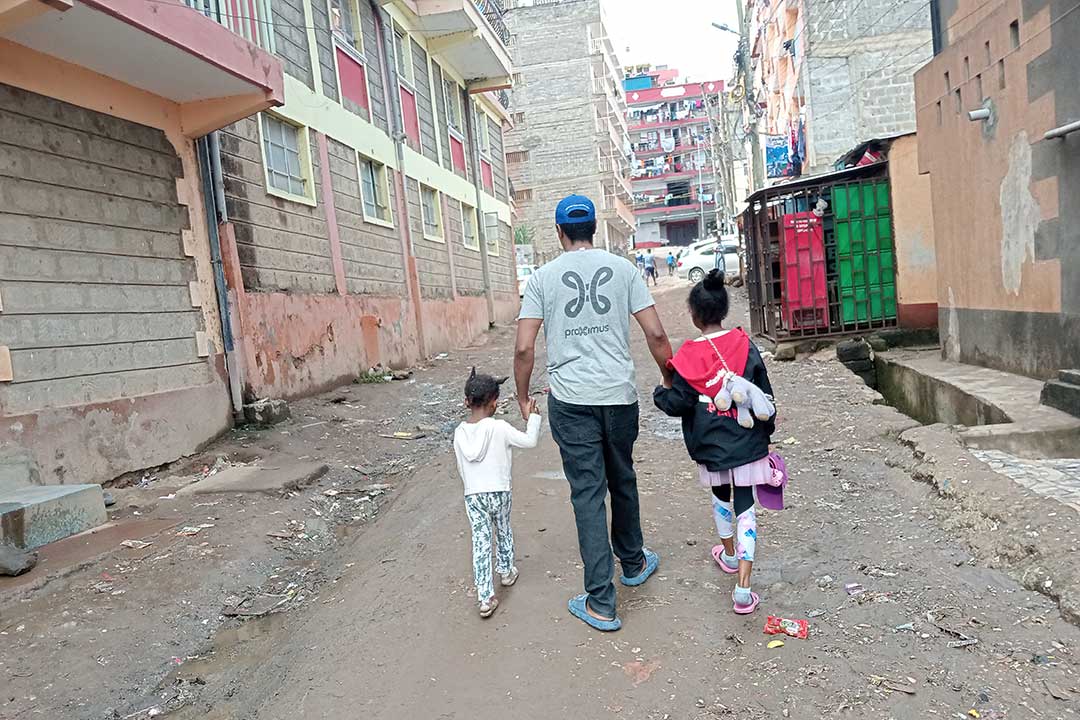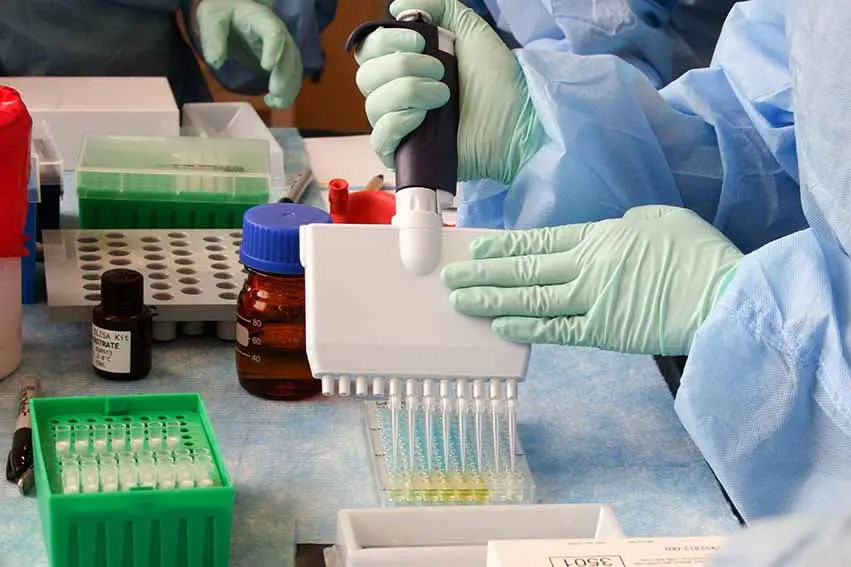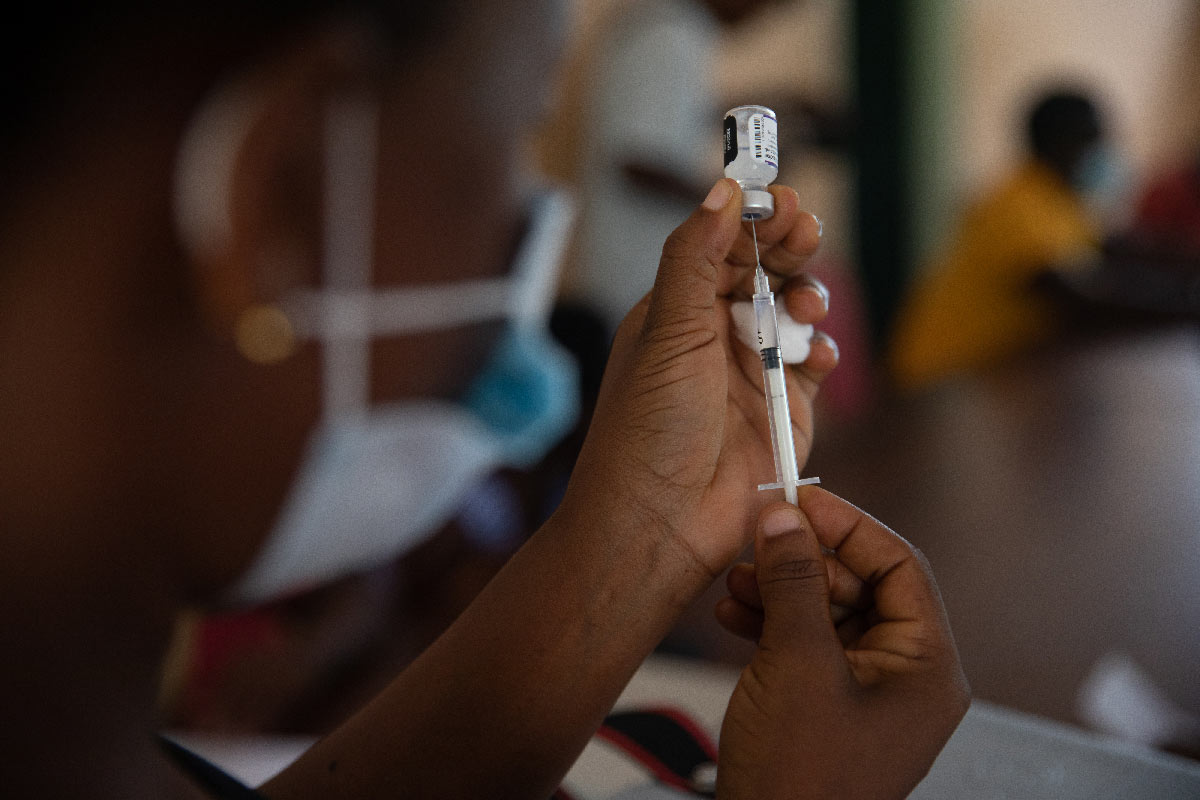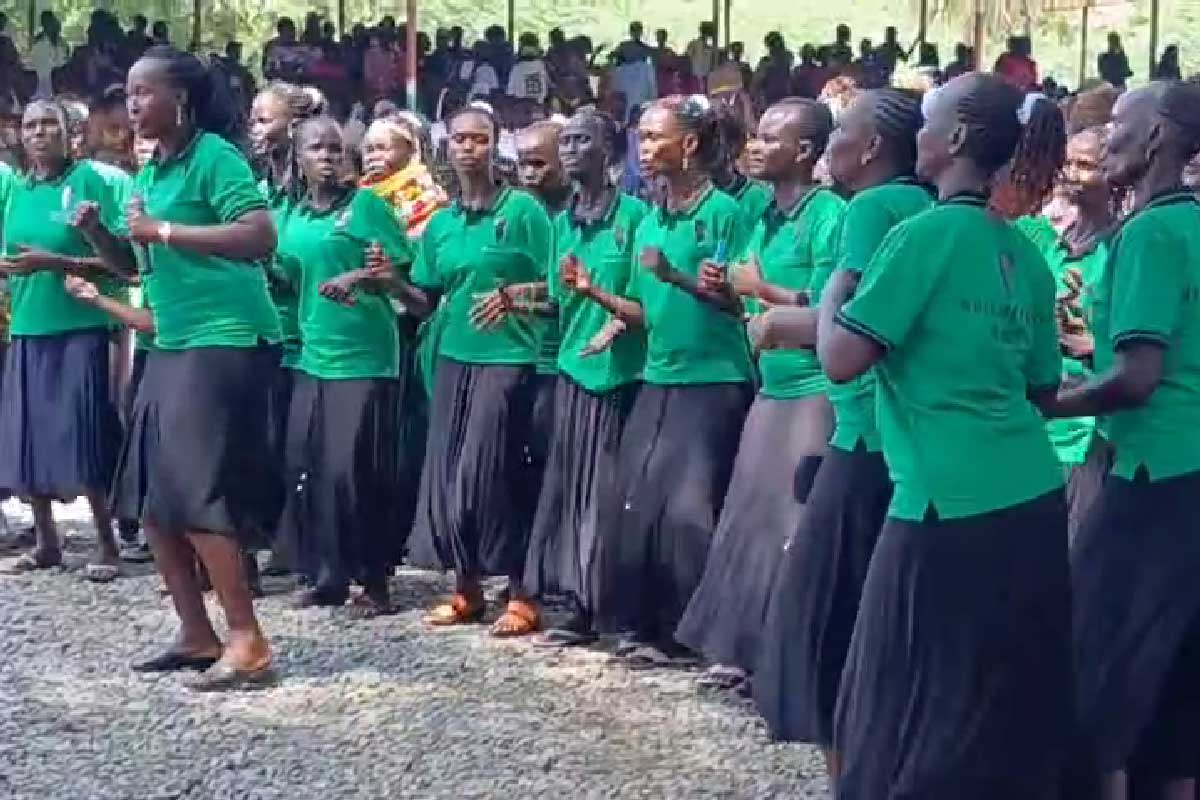Meena Karimi, Alliance for Immunization in India (Aii)
Despite medical advances, maternal and child mortality in India continues to be very high primarily due to childbirth, inadequate neonatal care and childhood diseases. Over 1.3 million under-5 deaths are reported each year and a significant number are caused by diseases like diarrhea, pneumonia and measles that can be prevented by vaccination.
India’s Universal Immunization Programme (UIP) is the largest in the world, yet only 65% of children receive all the required vaccines in their first year of life. Surveys indicate that the programme is unlikely to reach its Global Immunization Vision and Strategy goals, which set targets for children reached and new vaccines adopted.
To meet these challenges, civil society organizations (CSOs) and platforms such as the Alliance for Immunization in India (Aii) can play a vital role in acting as an intermediary between grass root communities and the government. Thanks to their direct links to the community, CSOs can contribute to promotion of equitable access to vaccines by informing families about outreach immunization facilities.
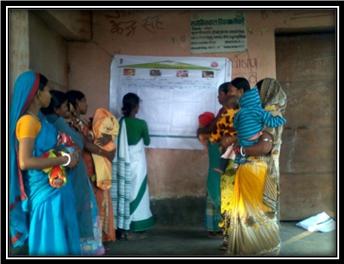
Photo: Aii.
The role of CSOs in community mobilization is critical in a country where myths and misconceptions often cloud the truth about the power of vaccines. Aii raises awareness through activities such as information dissemination and makes special efforts to reach out to those who live in hard-to-reach areas, are mobile/migrant or belong to culturally diverse backgrounds with various religions, traditions, beliefs and customs.
Increasing community participation in immunization programs is another important goal, since this leads to higher coverage and reduces the incidence of vaccine-preventable diseases. Evidence comes from an unexpected place.
Water tanks are a permanent, highly visible feature in all villages and urban areas, but in Pilana block of Baghpat (Uttar Pradesh) they stand out because of the routine immunization messages painted on their sides. The Core Group Polio Project (CGPP) in Baghpat has been working closely with local communities to create awareness on polio and routine immunization. As part of this initiative, they encouraged village leaders to display messages on water tanks.
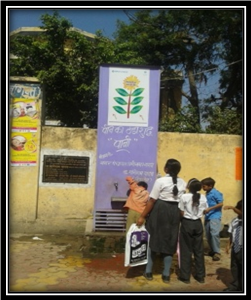
A water tank with messaging attached. Photo: Aii.
CGPP mobilizers regularly talk to parents about key ways of improving health such as getting children vaccinated regularly, hand washing, sanitation and other child care practices. In addition to being reminded of the importance of immunization whenever they collect water, local residents also receive similar messages at railway stations and bus stops.
Aii will continue to support strengthening of access to services in hard to reach areas and high priority districts. Discussions with government officials identified micro-planning and due list tracking as the two areas CSOs can support the government to achieve better immunization coverage. At the state level too, Aii will focus on collaborating with the government and playing a participatory as well as supportive role in the ministry’s routine immunization activities by attending task force committee meetings. Nationally, this means strengthening membership and sustainability to help engage with even more communities with vaccines around India.
This blog was written in support of World Immunisation Week 2015. Find out more about it here.

